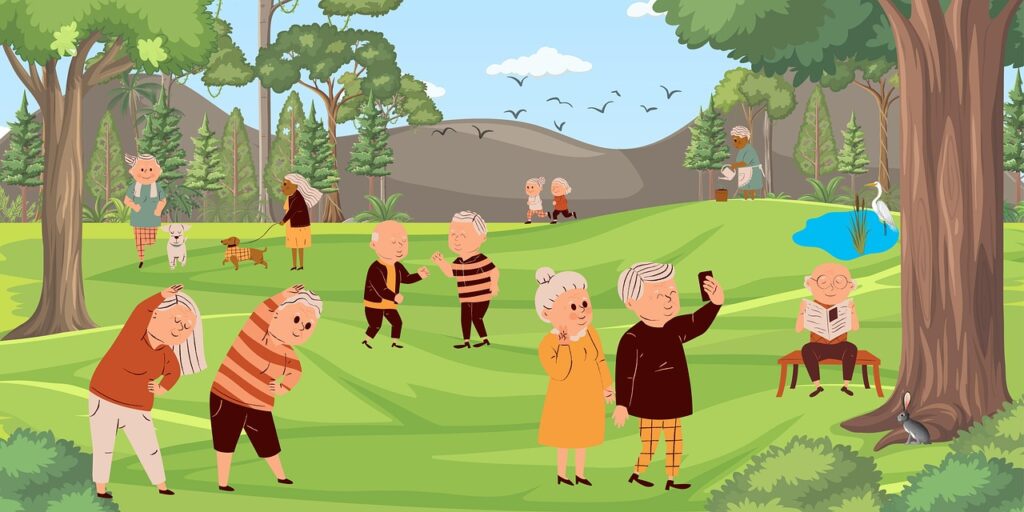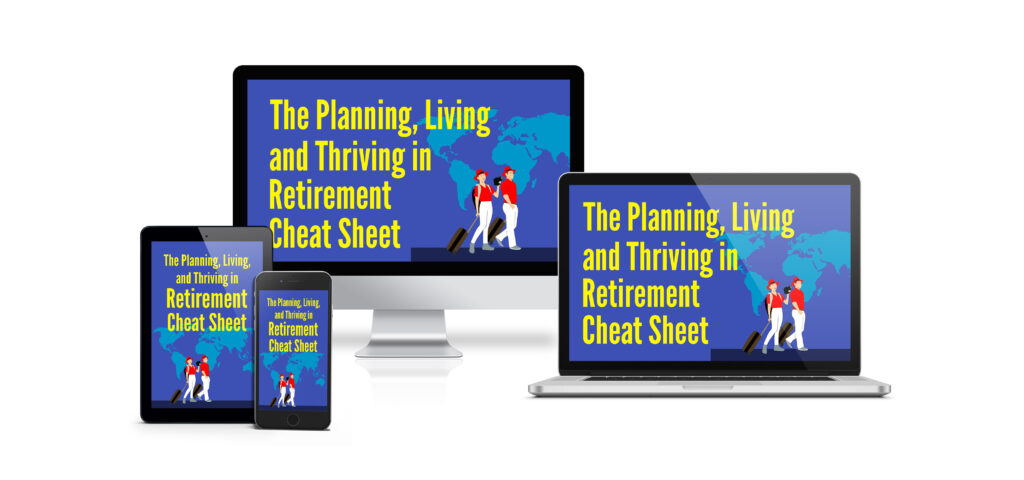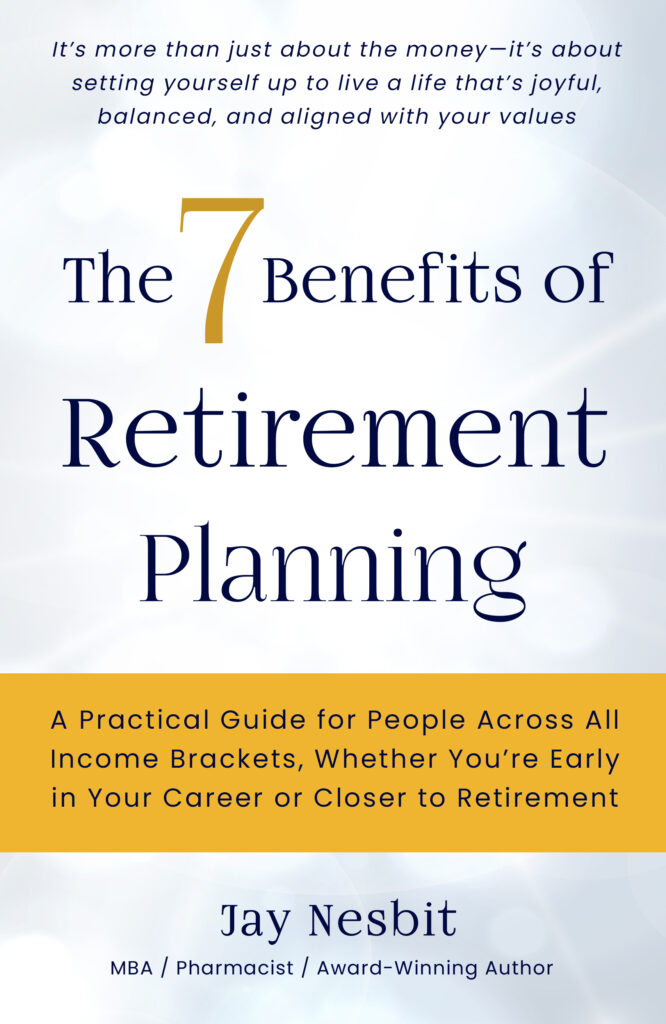
Image by Rosy / Bad Homburg / Germany from Pixabay
The Pharmacist Wordsmith – April 3, 2025 – Life-Changing Words Post #45
Let’s be real—retirement isn’t always the champagne-and-beach-walks fantasy people make it out to be.
Sure, it can be amazing. But it’s also a huge life change. And just like any major transition, there are some emotional twists and turns.
In fact, a lot of retirees go through something that looks suspiciously like the five stages of grief. Not because retirement is bad—but because you’re leaving behind a big part of your identity, routine, and social life.
So, let’s break it down and talk about how to handle each stage.
1. Stage One: The Honeymoon Phase (“This Is Awesome!”)
What it feels like:
You sleep in. No alarms. No emails. You enjoy long lunches. Maybe even a trip or two. It’s the first taste of freedom, and it’s sweet.
What to watch out for:
This phase is fun, but it doesn’t last forever. If you expect retirement to always feel like a vacation, reality might hit harder later.
What helps:
Enjoy the freedom but start thinking ahead. What do you want your everyday life to look like when the novelty wears off?

2. Stage Two: The “Now What?” Phase
What it feels like:
The sparkle fades. You start feeling a little… lost. Like you’re drifting. You miss the structure of work—or at least the sense of purpose it gave you.
What to watch out for:
This is where boredom, restlessness, or even sadness can sneak in. You might feel guilty for not being “happier.”
What helps:
Normalize it. This is common. You’re not failing retirement—you’re just adjusting. Start building routines and trying out new interests. Focus on exploring, not having it all figured out.
3. Stage Three: Identity Crisis (“Who Even Am I Without My Job?”)
What it feels like:
You realize how much your job was tied to your identity. Without it, you might feel like you’re floating. People ask what you do, and you hesitate. “I’m retired,” doesn’t always feel satisfying.
What to watch out for:
Losing your sense of self can lead to low self-esteem or even depression if it lingers.
What helps:
This is your chance to redefine who you are. Volunteer. Mentor. Start something creative. Dive into hobbies or causes you care about. You still matter—your role just changed.
4. Stage Four: Reinvention
What it feels like:
You start finding your groove. You pick up new habits, rekindle old passions, and begin to see this next phase as yours to shape. You realize retirement isn’t the end—it’s a reset.
What to watch out for:
Don’t rush this phase. It takes time. And it’s okay to try things that don’t stick.
What helps:
Stay curious. Say yes to things. Let yourself fail at something new. This phase is about experimenting and rediscovering joy in unexpected places.
Available everywhere books are sold!
5. Stage Five: Contentment
What it feels like:
You’re settled. Happy. Maybe even thriving. You’ve built a new life that fits you, not just the old you who wore a badge or had a title.
What to watch out for:
Even in this stage, life throws curveballs. Health changes. Family dynamics shift. Stay flexible.
What helps:
Keep showing up for yourself. Stay connected. Keep learning and adjusting. This isn’t a “set it and forget it” thing—it’s a lifestyle.
Final Thought:
Retirement isn’t just about leaving work—it’s about stepping into a whole new version of your life.
Some days it’ll feel amazing. Some days it’ll feel weird. That’s normal.
The key? Don’t expect instant bliss. Give yourself space to feel all the feelings, and permission to grow into this new chapter.
You’re not just retiring. You’re reinventing. And that’s something worth getting excited about.

